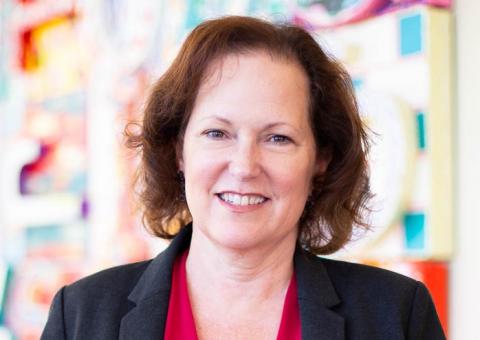
Research Spotlight: Tina Smith-Bonahue
Q & A with Tina Smith-Bonahue, Associate Professor in the School of Special Education, School Psychology, and Early Childhood Studies

Q & A with Tina Smith-Bonahue, Associate Professor in the School of Special Education, School Psychology, and Early Childhood Studies